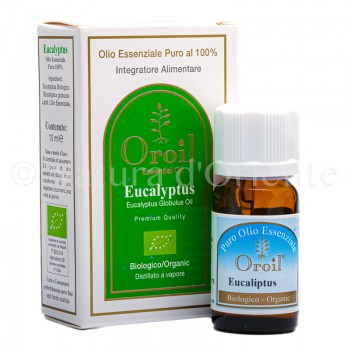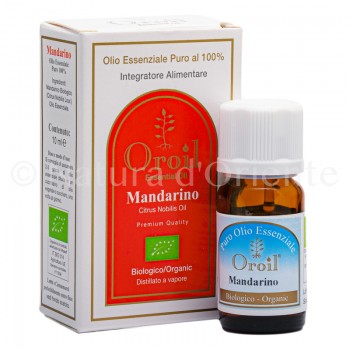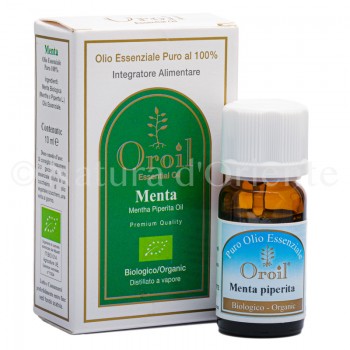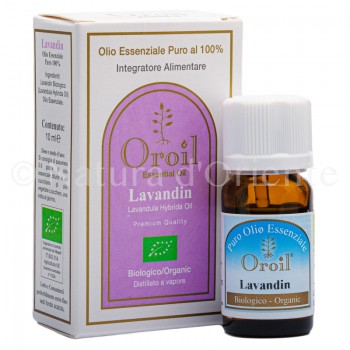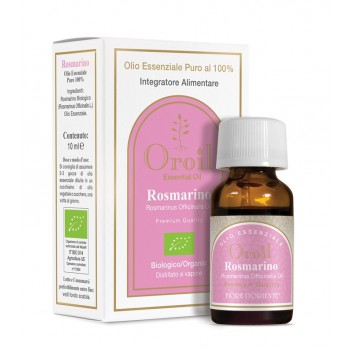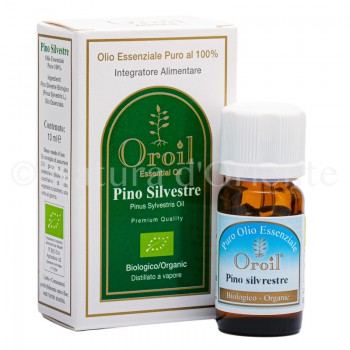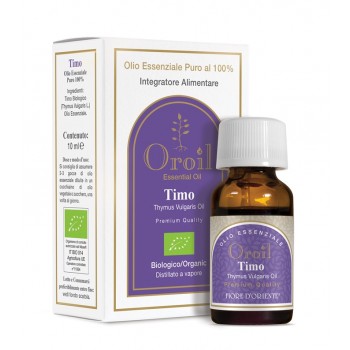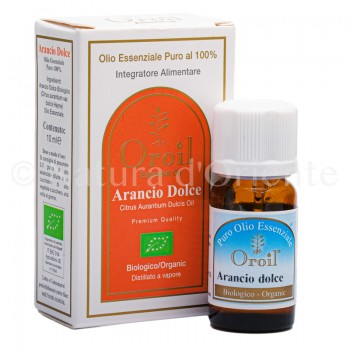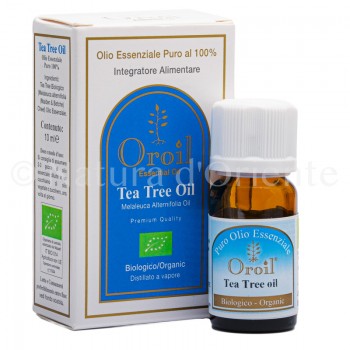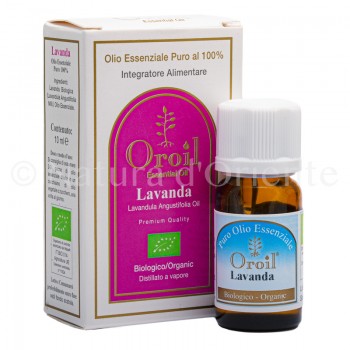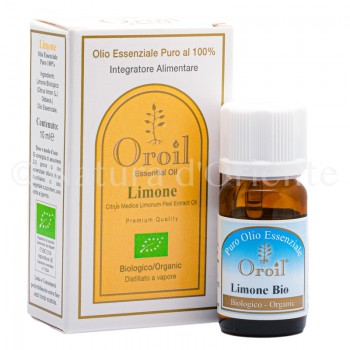Cinnamon essential oil has antibacterial, toning and digestive properties and is recommended for respiratory problems caused by common colds. The plant and the production of the essential oil Cinnamon can be obtained from two different plants, a small tree originating in Sri Lanka and a larger tree originating in China, however the quality is not equivalent, the first is the one used in all good quality essential oils. The scientific name of the plant is Cinnamomum verum (J.Presl), J. Presl stands for Jan Svatopluk Presl a Czech botanist, it belongs to the Lauraceae family. You can also find it under the name of Cinnamomum zeylanicum. As evidence of the fact that cinnamon has accompanied man since the dawn of time and that it was a precious spice, we find it mentioned in the Bible on three different occasions and in Jeremiah 6.20 we read "Why do you offer me incense from Sheba and the precious cinnamon that comes from afar?”. The essential oil is obtained from the bark of young branches and the process usually used is steam distillation.
Properties of cinnamon essential oil
Cinnamon essential oil is attributed toning and stimulating properties of the nervous system, i.e. it relieves the symptoms of tiredness and helps the ability to concentrate. Like most essential oils, it has strong germicidal properties and therefore can be useful for combating diseases of the oral cavity and respiratory tract.
Internal use of cinnamon essential oil
We will never tire of reminding you that essential oils are highly concentrated products and that particular attention should be paid to the doses, especially when used internally. Cinnamon essential oil could also be used to flavor the kitchen, but in that case a single drop is more than enough. However, for oral intake, never go above a few drops, to disinfect the throat in case of affections of the oral cavity and the upper respiratory tract, you can also opt for gargling with 2 or 3 drops in the middle glass of water. Being a powerful bactericide it can be useful for fighting diarrhea caused by intestinal infections, but we reiterate that for internal use (indicatively no more than two drops added to a teaspoon of honey) it would be better to consult with a competent person. In the case of respiratory tract diseases, however, it can be used in a safer way by adding 6 or 7 drops to a basin of hot water and inhaling the vapors (suffumigi).
External use of cinnamon essential oil
The use in aromatherapy diffusers or radiator humidifier trays (according to some sources, approximately 1 drop per m2 of environment) would act as a stimulant useful for creativity and the ability to concentration but also as an antidepressant. External use but in contact with the skin (topical use) must equally be dosed with care because like all essential oils if too concentrated it can cause burns, some sources recommend a dozen drops in 150 ml of cream or massage oil depending on the cases, considering that approximately one drop is equivalent to half a millilitre, it means 5ml out of 150, i.e. a 3% dilution, other more cautious sources speak of 1% dilution, once again in any case we are talking about very small quantities. This use is used for various ailments: in particular, massaging it on the abdomen would favor the elimination of intestinal gas, furthermore, by promoting microcirculation, it is also a remedy for arthro-muscular problems.

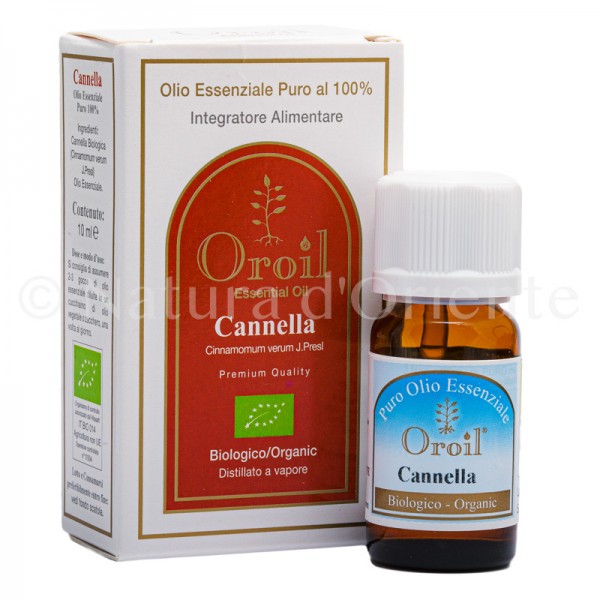

 By buying this product you can collect up to
By buying this product you can collect up to
